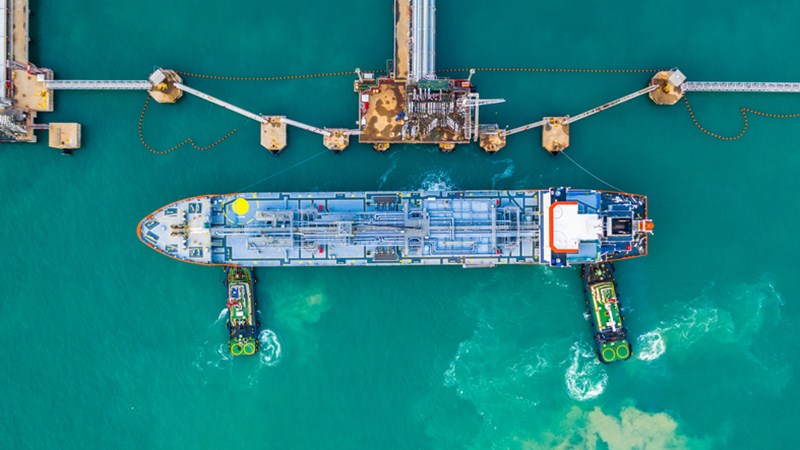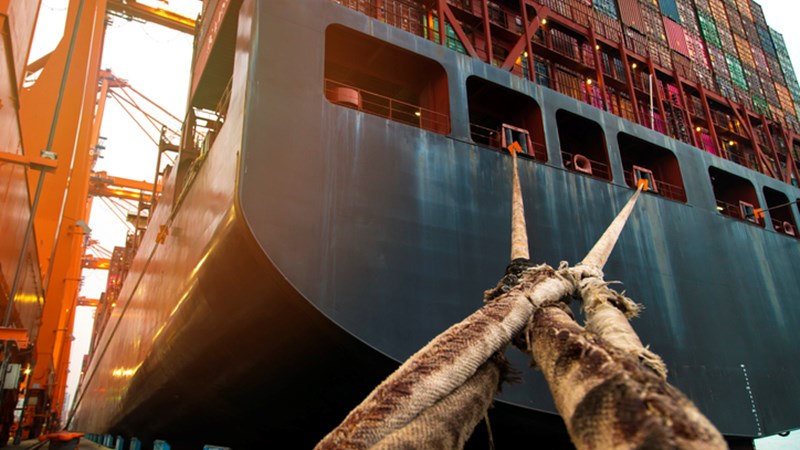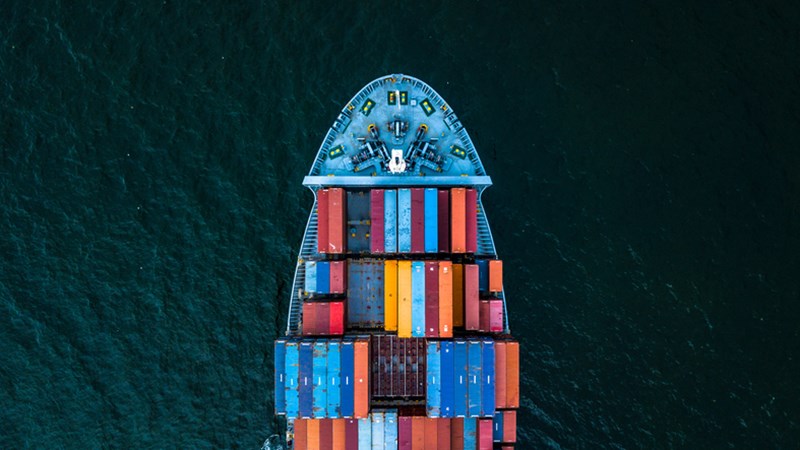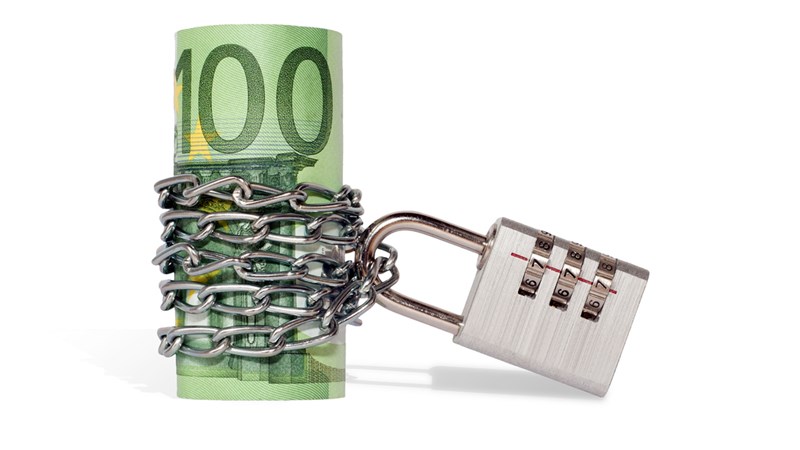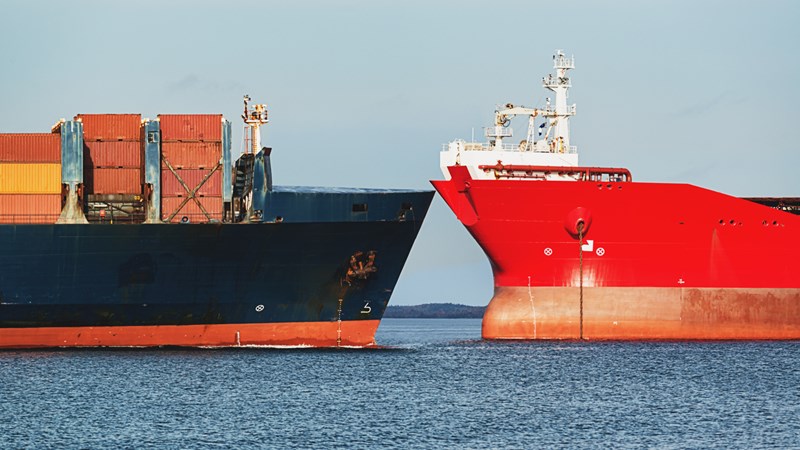Inland Shipping
Inland shipping is a cost efficient and sustainable means of transportation, which is able to handle almost any kind of cargo. Of the trade flow coming in from the North Sea, a large portion goes through the Rotterdam port. From Rotterdam, the Rhine is the most important shipping route for the German destinations, whereas the Meuse and the Scheldt are important for southbound shipping. The Netherlands are leading within the branch. For instance, over half of the vessels on the Rhine sail under the Dutch flag.
When dealing with international inland water shipping, the CMNI Treaty is of importance. The position of this treaty is comparable to that of the CMR Treaty for road transport. The CMNI contains detailed regulations on a number of subjects, such as the right of disposal, liability of the carrier and limitation and expiry terms. The CMNI does not contain regulations regarding retention, loading and unloading times, demurrage or general average.
The rules for national inland water shipping are included in Title 10 of Book 8 Dutch Civil Code (DCC). Parties are allowed to apply the rules of the CMNI to this type of shipping. There are some important differences between the CMNI and Book 8 DCC. For example, under the CMNI, the liability of the carrier is limited to 666.67 SDR per package or other loading unit, or 2 SDR per kilogram, of which the highest outcome should be taken into account. In the event of container shipping, without reference to the packages inside the container, the liability is limited to 1,500 SDR for the container and 25,000 SDR for the goods inside the container. However, in Book 8 DCC, the liability of the carrier is limited to € 2.70 per kilogram, whereas in case of shipping of unpackaged bulk goods, the limit is a mere € 227 per 1,000 kilogram.
Another important difference is that under Book 8 DCC, the carrier is not liable for damages or loss as a consequence of a navigational error. According to the CMNI, the carrier is liable for damages as a consequence of navigational errors, unless such liability was contracted out.
Besides damages to carried goods, the carrier can also incur damages as a consequence of personal injury of crew members or third parties, water pollution or damages to third party property. These damages to third party property may arise because the goods are unloaded into the wrong land tank, as a consequence of which both the carried cargo as well as the cargo that was already in the land tank are contaminated. Although the carrier may limit his liability for damages to the cargo, there is often unlimited liability for damages to third party property. This unlimited liability may be limited or exonerated by agreement.






